
Oct . 10, 2025 11:25 Back to list
Looking for a New Car—Small, Cute, Pure Electric?
Urban EVs Are Growing Up: A Close Look at Chery’s Little Ant 301 km Edition
If you’re shopping for a practical city runabout that doesn’t feel like a compromise, this new car is the one that keeps popping up in my notebook. It’s the Chery “Little Ant” Miniev with a CLTC-rated 301 km range—small outside, surprisingly useful inside. And to be honest, it’s hitting the sweet spot for dense cities where parking is a sport and energy prices nudge you toward smarter choices.
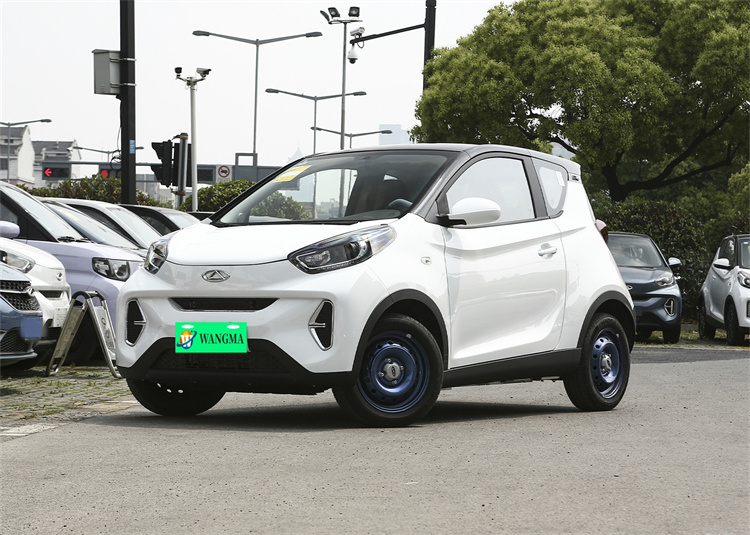
What’s shaping the market
City-focused micro EVs are trending up—short commutes, cleaner air mandates, and fleets wanting predictable total cost of ownership. In fact, the CLTC cycle (China’s city-leaning test) tends to show higher range than WLTP or EPA, but for urban duty cycles it’s relevant and, frankly, practical [1]. Many customers say they value maneuverability over brute power; this model leans into that reality.
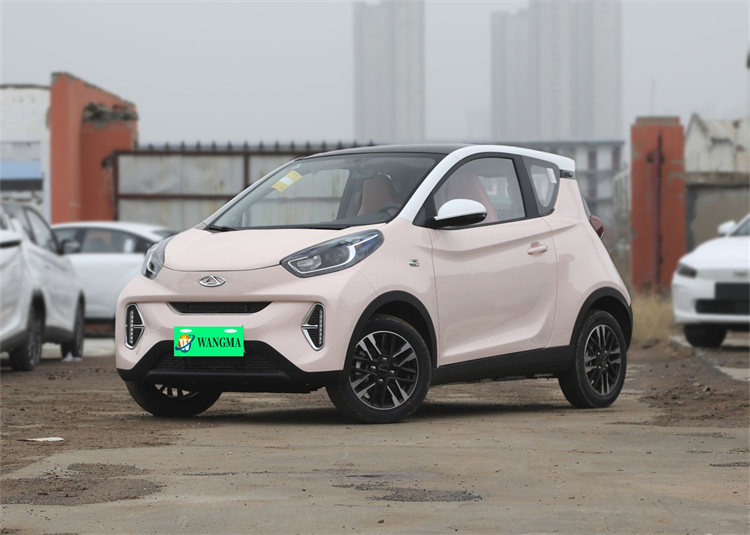
Core specs at a glance
| Item | Spec (≈ real-world may vary) |
|---|---|
| Dimensions (L×W×H) | 3200 × 1670 × 1550 mm |
| Tires | 175/60 R15 |
| Max Power | 30 kW (≈41 Ps) |
| Max Torque | 120 Nm |
| Top Speed | 100 km/h |
| Range (CLTC) | 301 km [1] |
| Energy Use (est.) | ≈10–12 kWh/100 km (city, gentle driving) |
| Power Type | Pure electric |
| Colors | White / Black / Gray |
| Origin | Hebei, China |
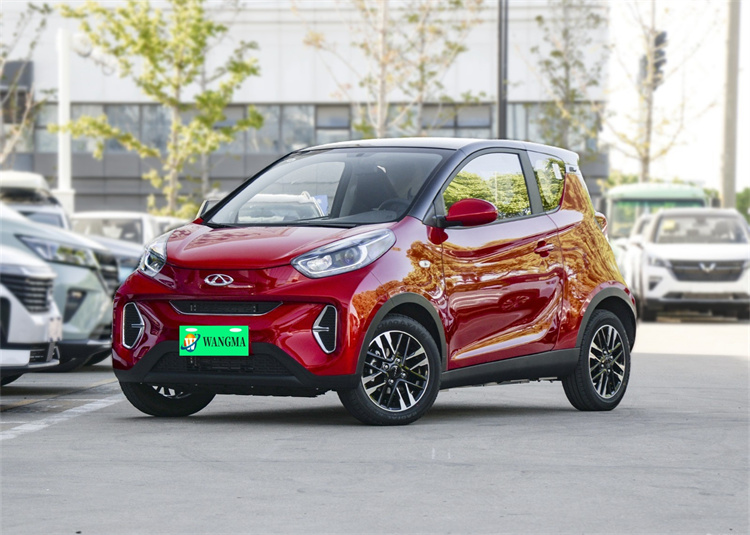
Build process, testing, and service life
Under the cute shell, you’ll find a high-strength steel body-in-white with e-coat corrosion protection (industry standard in this class). The traction battery is typically LFP chemistry—sensible for city cars—targeting ≈1,500–2,500 cycles, which, I guess, translates to several years of daily urban use depending on depth-of-discharge. Safety validation follows GB/T 18384 and ISO 6469 protocols for electric safety and functional checks; CLTC range is certified on dyno cycles [1][2][3]. Components are endurance-tested (thermal cycling, vibration, salt spray) to fleet-grade expectations.
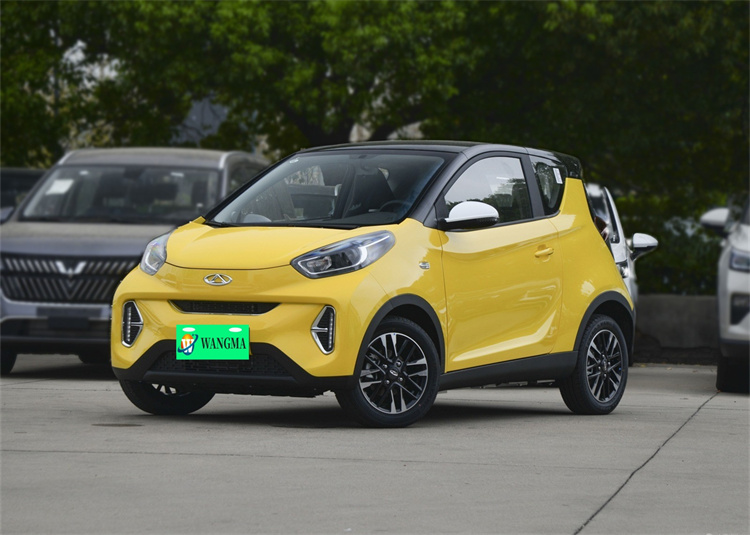
Where it fits
- Personal urban commuting and tight parking zones.
- Last-mile delivery in historic cores.
- Resorts, campuses, municipal pool cars, and car-share fleets.
Customers tell me the compact footprint reduces parking “hunting time,” which is half the battle in megacities.
Advantages
Efficient, nimble, and honest about its mission. The 30 kW motor is perfectly adequate up to 60–80 km/h, and regen adds a little extra real-world range. Interior packaging is smarter than it looks—groceries, a toolbox, even two carry-ons for a quick airport run. And the price-to-utility ratio? Surprisingly strong.
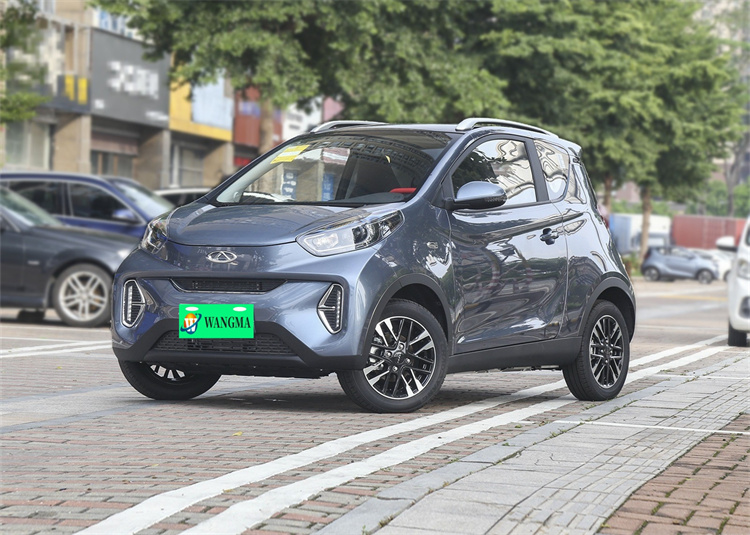
Vendor comparison (why sourcing matters)
| Criteria | Hebei Manufacturer (Qiaoxi District) | Generic Reseller | Overseas Dealer |
|---|---|---|---|
| Lead time | ≈2–6 weeks | Varies; often slower | Stock-based, limited trims |
| Customization | Colors, fleet decals, accessories | Minimal | Minimal |
| Certification support | CCC/GB docs on request | Inconsistent | Market-dependent |
| Warranty handling | Direct, clearer parts flow | Third-party | Dealer policy |
Customization and real cases
Factory colors include white/black/gray; fleets often request decals, seat covers, and telematics add-ons (availability depends on market). A hotel group in Sanya adopted a dozen units for guest shuttles—drivers liked the tight turning circle. A courier pilot in Chengdu shaved minutes per stop simply by slipping into smaller curb spaces. That’s how a new car becomes a daily tool, not just a gadget.
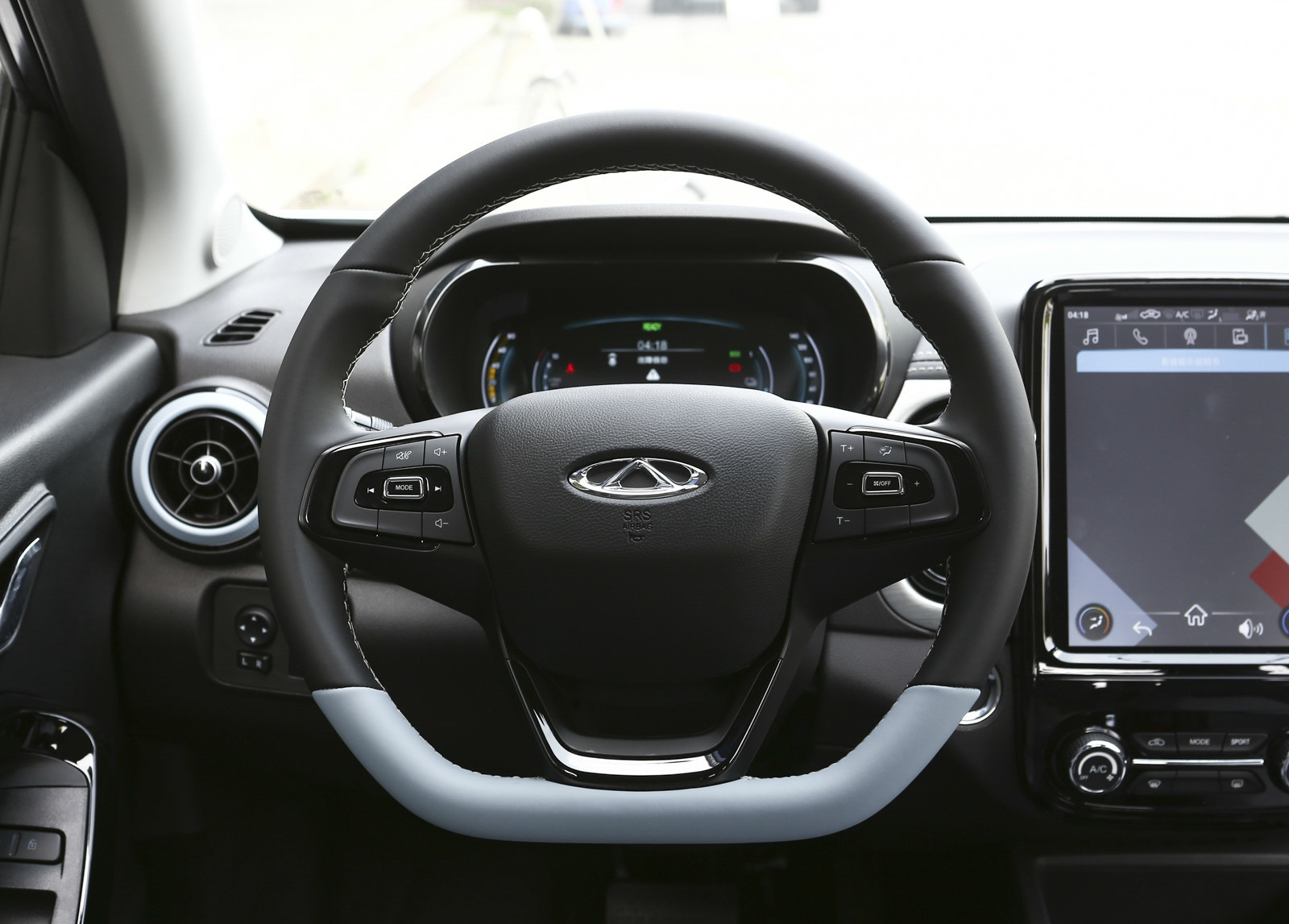
Compliance, data, and notes
- CLTC range: 301 km as stated; expect less in cold, high-speed or hilly routes [1].
- Electric safety designed around GB/T 18384 and ISO 6469 frameworks [2][3].
- China Compulsory Certification (3C) applies to automotive electricals; ask for current certificates with VIN batches [4].
Pickup or logistics are coordinated from Room 1017, Qicheng Building, No.210, ZhongHuanan Street, Qiaoxi District, Shijiazhuang, Hebei. If you’re eyeing a fleet order, get the option sheet early—trim and charging hardware can vary by destination market. It seems that thoughtful spec’ing up front saves headaches later.
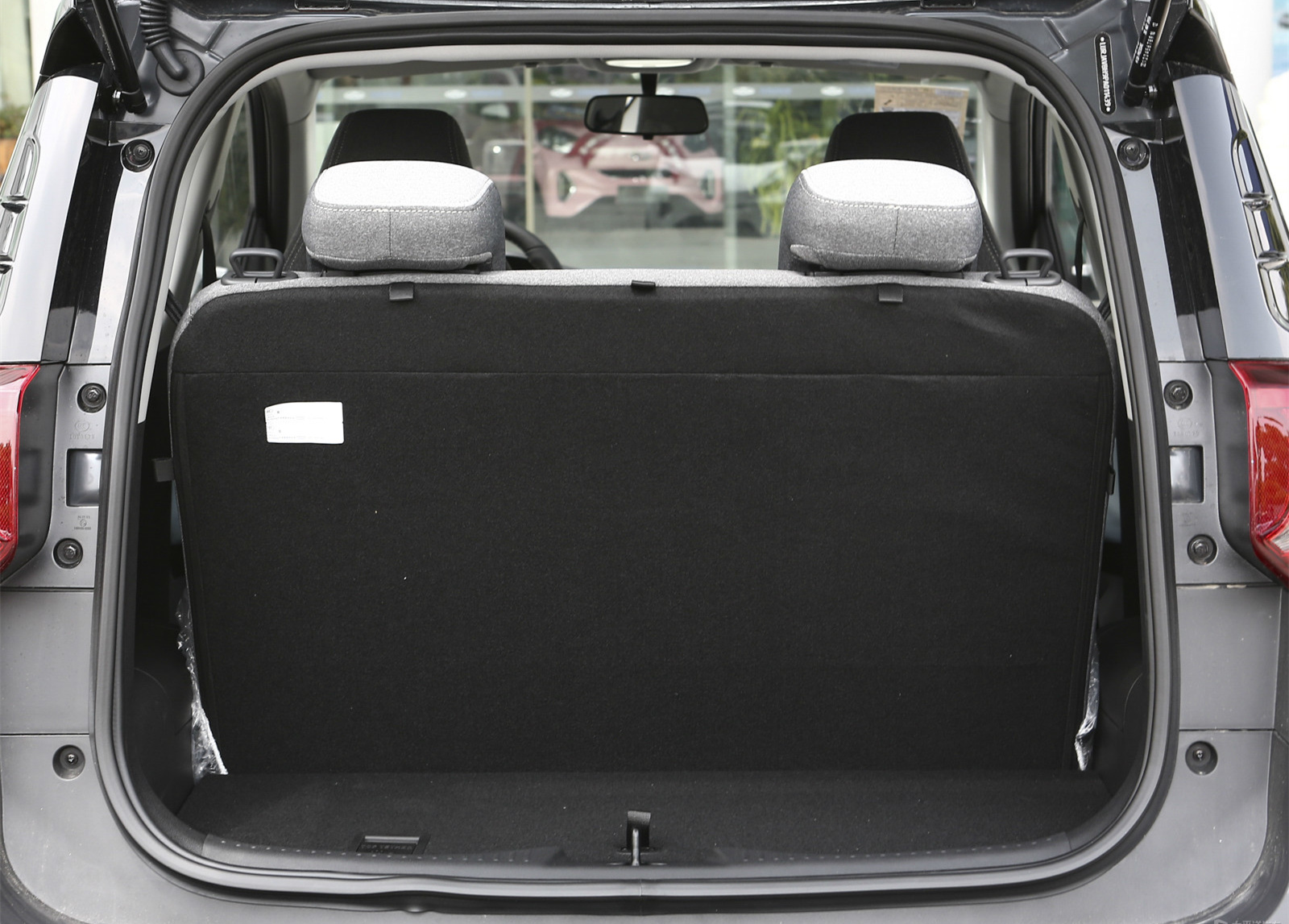
References
[1] China Light-Duty Vehicle Test Cycle (CLTC) overview – standard practice for urban range certification.
[2] GB/T 18384: Electric vehicles—Safety requirements. SAC/TC114, China.
[3] ISO 6469: Electrically propelled road vehicles—Safety specifications. ISO.
[4] China Compulsory Certification (CCC) framework for automotive electrical systems. CNCA.
-
Reliable Water Tin Can Supplier | Durable & Sustainable Tinplate Containers
NewsNov.24,2025
-
Reliable Water Tin Can Suppliers for Durable and Sustainable Water Storage
NewsNov.24,2025
-
Water Tin Can Factory: Sustainable Solutions for Safe Water Packaging
NewsNov.23,2025
-
Trusted Galvanized Malleable Iron Manufacturer for Durable Infrastructure Solutions
NewsNov.23,2025
-
Trusted Galvanized Malleable Iron Manufacturers | Durable & Custom Iron Components
NewsNov.22,2025
-
Galvanized Malleable Iron Factories – Durable & Cost-Effective Industrial Solutions
NewsNov.22,2025